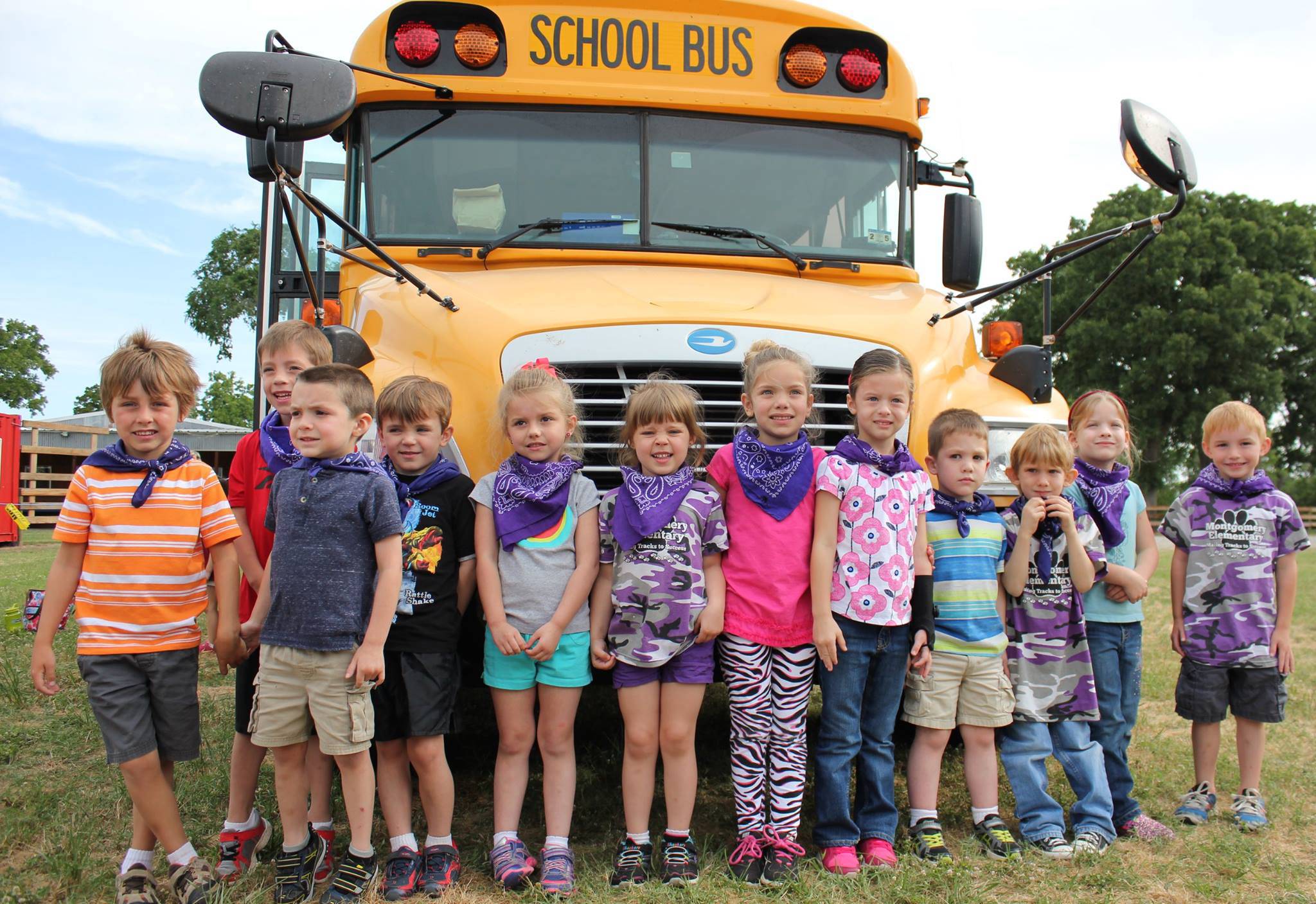Help Support Orange Park Elementary Keep Field Trips
Fundraising campaign by
Sharice Davis
-
US$0.00Donated So Far
Campaign Story
Outcomes of Field Trips
It is important to recognize that learning outcomes from field trips can range from cognitive to affective outcomes (for a review see: Dewitt & Storksdieck, 2008; also Learning Science in Informal Environments (2009). Too often, however, only cognitive gains are identified (by schools or museums) (Kisiel, 2005).
Among the many potential outcomes, research has shown that field trips:
Expose students to new experiences and can increase interest and engagement in science regardless of prior interest in a topic (Kisiel, 2005; Bonderup Dohn, 2011),
Result in affective gains such as more positive feelings toward a topic (Csikszentmihalyi & Hermanson, 1995; Nadelson & Jordan, 2012). Are experiences that can be recalled and useful long after a visit (Salmi, 2003; Falk & Dierking, 1997; Wolins, Jensen, & Ulzheimer, 1992).
Effective Models of Field Trip Experiences
Research has demonstrated that field trips can be designed to more effectively support student learning. Field trips work best when they provide support for students to explore in a personally meaningful way.
Learning in field trips is impacted by many factors (DeWitt & Storksdieck, 2008). The structure of the field trip impacts learning. Some structure is needed to best support student learning, (Stronck, 1983) yet programming that is overly rigid or too aligned with classroom instruction can have a negative effect (Jensen 1994; Griffin & Symington, 1997). If students are not adequately prepared for the experience, the novelty of the setting can negatively impact learning. (Orion & Hofstein, 1994).
Prior knowledge and interests of the students impacts learning during the visit (Falk & Adelman, 2003), the social context of the visit, teacher agendas, student experiences during the field trip, and the presence or absence and quality of preparation and follow-up. Through a meta-analysis of studies such as these, DeWitt and Osborne (2007) created a model to guide museum program development, Model of Museum Practice which, among other key elements, highlights the importance of encouraging students in the area of “joint productive activity” (p. 690). This includes the opportunity for students to be cognitively engaged and challenged, as they explore areas of personal interest and curiosity and engage in bidirectional communication with each other and adult facilitators.
A successful and quality field trip requires teacher preparation and interaction, yet often teachers are not equipped to, or do not provide this support this is why we need your help inkeeping this alive. Many schools are cutting field trips due to a budget crisis. Every Donation Counts Donate Today.
Organizer
- Sharice Davis
- Campaign Owner
No updates for this campaign just yet



